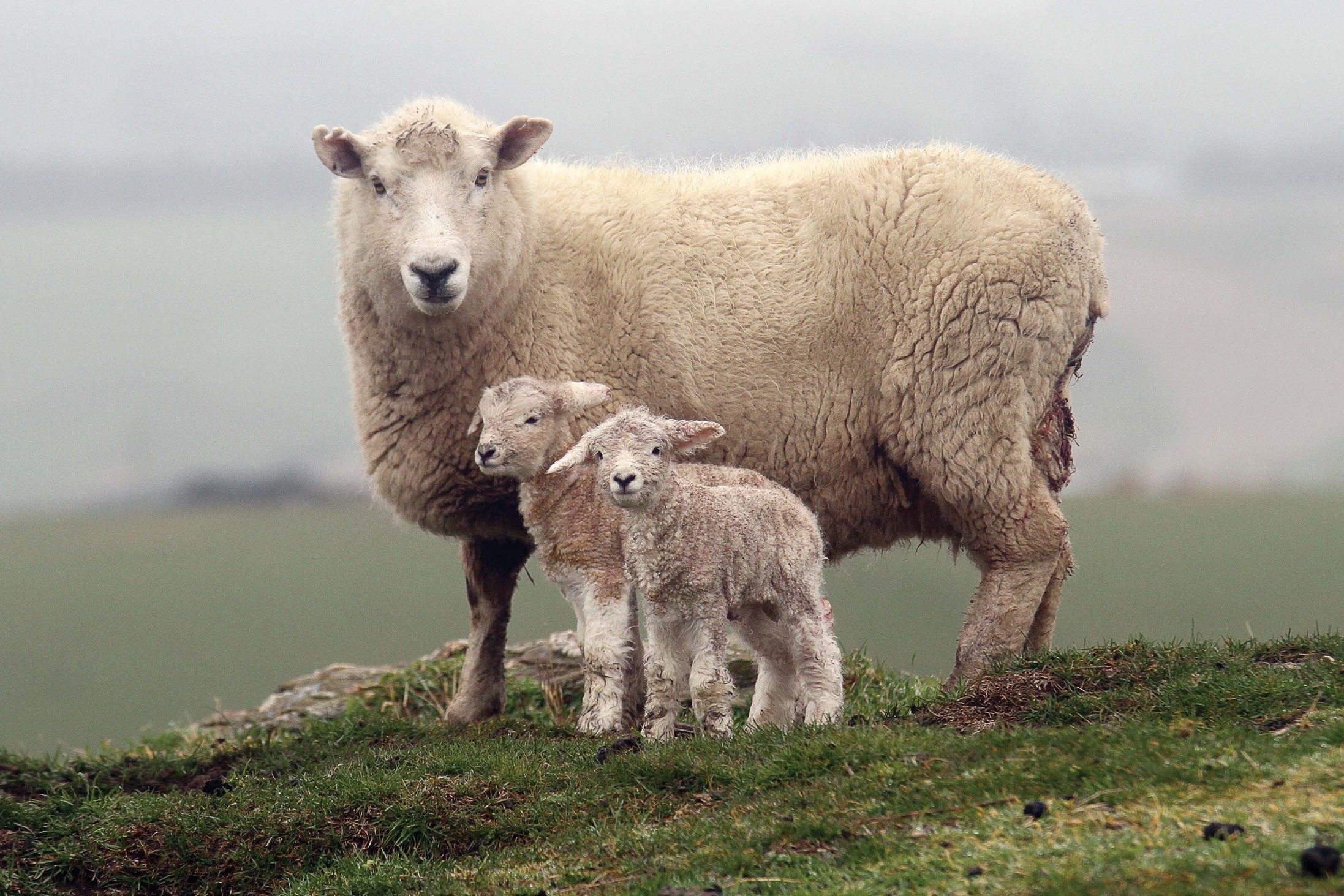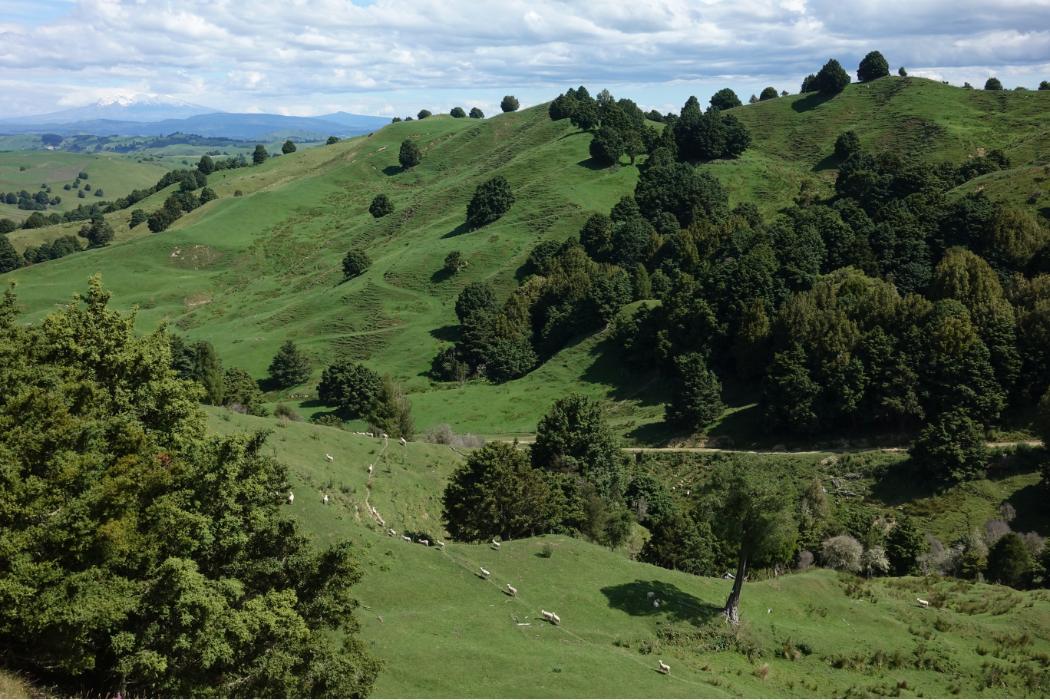Breeding country devoured
By Glenys Christian

Wairarapa sheep and beef farmer, Roger Barton, knows of two large farms locally which have recently been sold to be planted in forestry and a third which is likely to have gone the same way. They would have been running about 30,000 stock units, supplying lambs to other local farmers.
“We are losing our breeding country,” he said.
He also worries about a last-man-standing scenario if only one farmer is left on a rural road after all their neighbours’ land has gone into forestry.
“Our infrastructure is thinning out,” he said.
“These are quite scaleable farms and that’s really concerning from a New Zealand Inc point of view.”
From early 2021 he believes there’s been a massive shift in land prices of up to $5000 a hectare, all driven by carbon price hikes. But people forget with forestry there’s only one generation of income over the life of the trees planted, he believes.
“So who’s going to pay the rates?”
Barton runs 960 breeding ewes, 230 replacement hoggets and about 200 head of cattle. Despite having 243 hectares of bush under a QEII Trust he earns no carbon credits and thinks suggestions of NZ buying carbon credits from overseas countries are ridiculous. He estimates he contributes an unpaid $16,000 a year to biodiversity through fencing maintenance and pest control in the bush, “that’s not growing me one more lamb”.
While he views the report commissioned recently into the situation as a great initiative and hopes change will come out of the Government’s Emissions Reduction Plan to be released in May, he isn’t holding his breath.
“It’s the bulk planting of a whole lot of trees I object to,” he said.
“We will see paralysis of the pastoral industry if there’s a greater momentum.”
Dan Ramsden, a retired Dannevirke farmer (Country-Wide, October 21, pages 152-155), said buying land for carbon farming was continuing in the area with three farms recently sold.
“They’re good, healthy sheep and beef country,” he said.
He understood some land values had increased from $8500/ha last year up to $16,000.
“Farming just won’t be able to cope. It will make it harder for the next generation to find the extra money. And once it goes into carbon farming it’s locked up. NZ is going to regret it in the future.”
Bay of Islands sheep and beef farmer, Roger Ludbrook, has done the figures and decided to put 100ha of his 350ha farm into forestry. At a carbon price of $100 the Northland Federated Farmers’ meat and wool chair believes that after four years he will be earning about $4000/ha.
“Why should I work my butt off to make $300-500/ha profit when by doing nothing I can earn 10 times that? Farmers should be into it like there’s no tomorrow.”
He knows of about 2000ha going into forestry in Northland at present and of two real estate agents actively trying to find sheep and beef farms for more planting.
While the deal looks good for individual farmers he’s tried to talk to local iwi about the impact on local communities and employment. His planting will see him drop 160 of the 1000 cattle he runs, or half a day’s kill at the Moerewa meatworks. He calculates that will mean a $70,000 decline in Northland’s income and an estimated $270,000 reduction in the country’s export production.
He’s still nervous about making the land use change, saying the projected returns seem too good to be true and he worries the Government may change its mind five years down the track.
“This is money for jam but I’m not sure what happens at the end of it,” he said.
“Maybe once meatworks start closing down people will take notice.”




